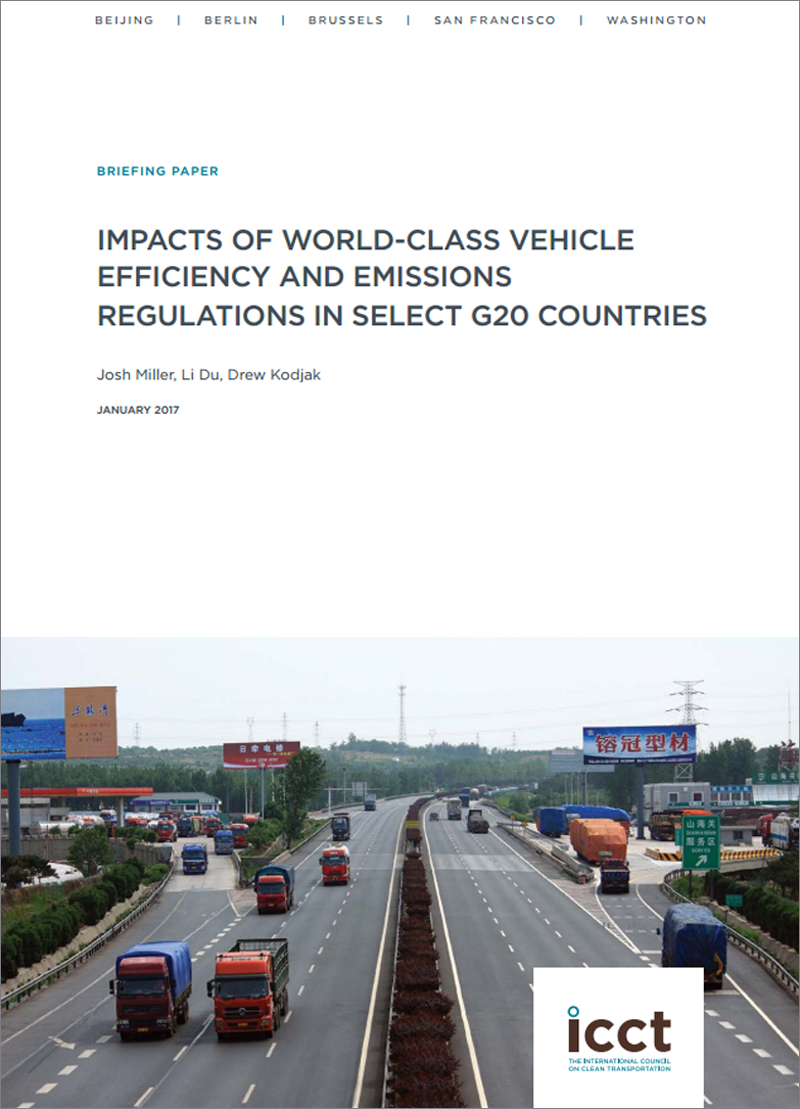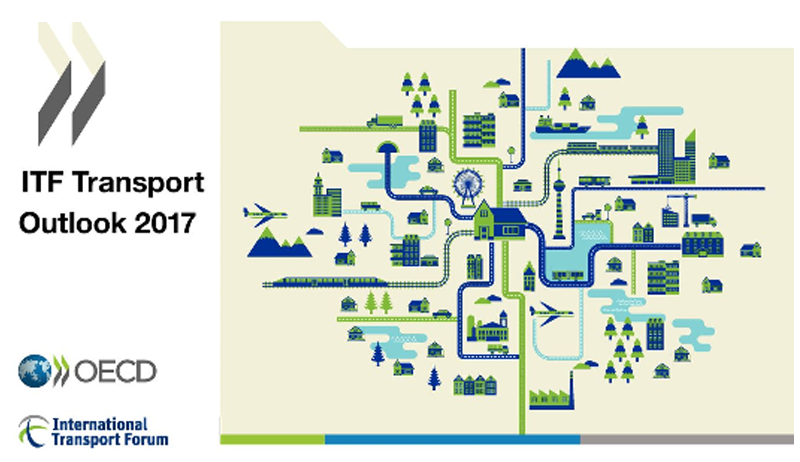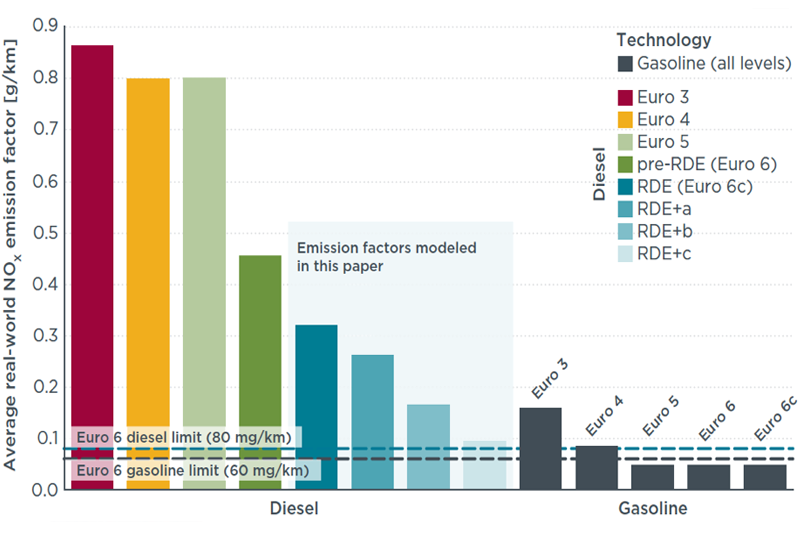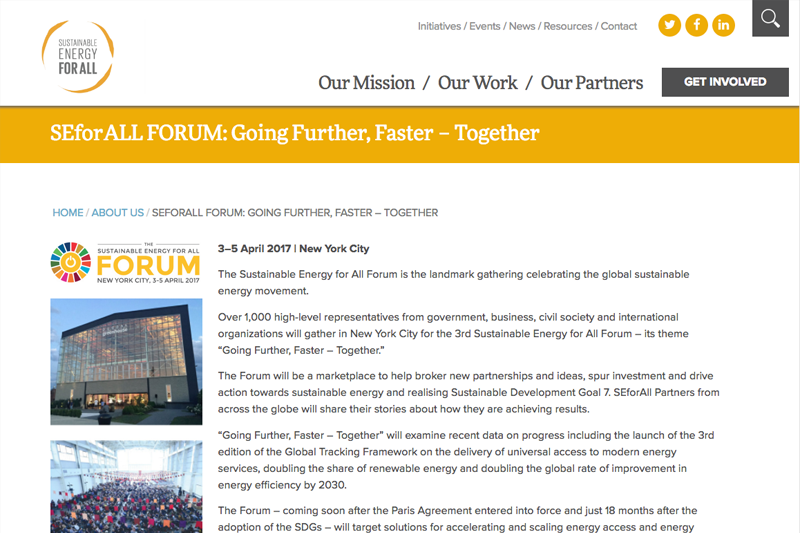ICCT report looks at world class vehicle emissions regulations in G20 countries
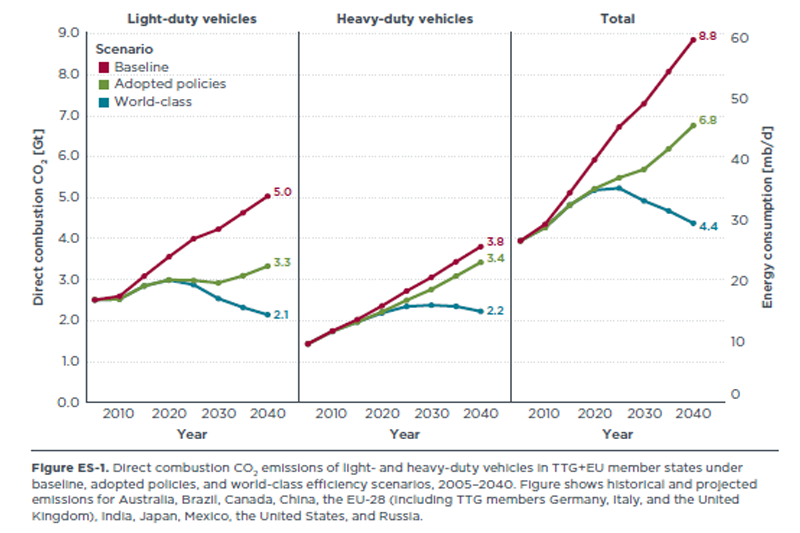
ICCT’s new report explores the climate and health benefits of adopting world-class standards for new vehicle fuel economy/CO2 and conventional pollutant emissions in all members of the G20 Transport Task Group.
In 2014, the G20 Energy Efficiency Action Plan prioritized the establishment of a Transport Task Group (TTG) to promote cooperation among participating G20 countries to develop domestic policies that improve the energy efficiency and environmental performance of motor vehicles, particularly heavy-duty vehicles. Led by the United States, the TTG currently includes Australia, Brazil, Canada, China, the European Union (with Germany, Italy, and the United Kingdom also participating individually), India, Japan, Mexico, and Russia. Global Fuel Economy Initiative partners the ICCT and the FIA Foundation support the Transport Task Group with analysis and briefing.
G20 members account for 90% of new vehicles sold in the world today (and more than 80% for TTG members), TTG members have considerable capacity to transform the global vehicle market and, ultimately, most of the vehicles on the road. The analysis also reinforces the importance of both light- and heavy-duty vehicles in securing future CO2 reductions from on-road vehicles.
This new briefing characterizes the climate and health benefits of adopting world-class standards for new vehicle efficiency/CO2 and conventional pollutant emissions in all members of the G20 TTG. It finds that new world-class vehicle efficiency standards applied in all TTG members could mitigate direct emissions from fuel combustion by an additional 2.4 GtCO2 beyond the 2.0 GtCO2 estimated to be avoided in 2040 under existing adopted vehicle efficiency standards.
To read the report please click here.
